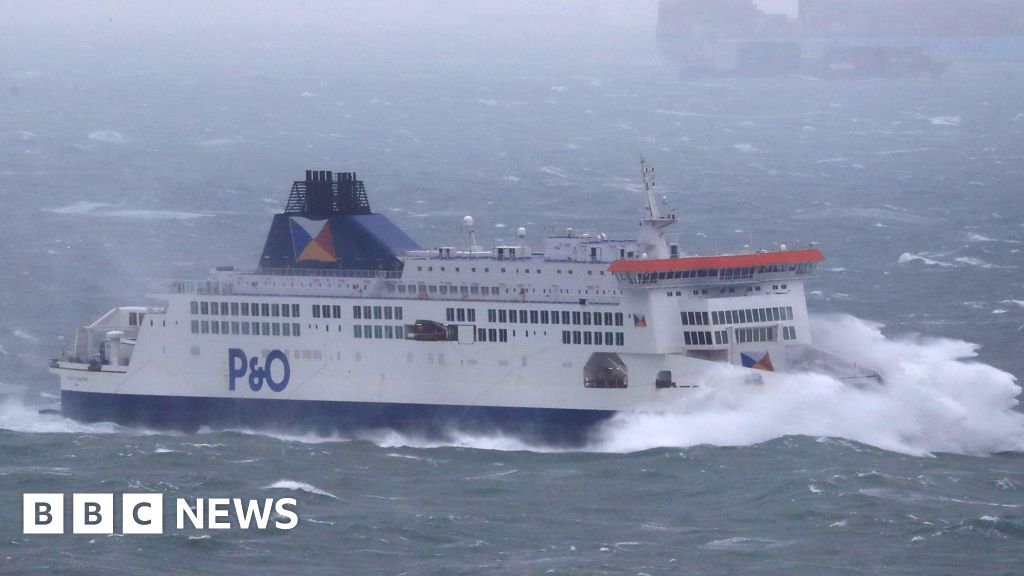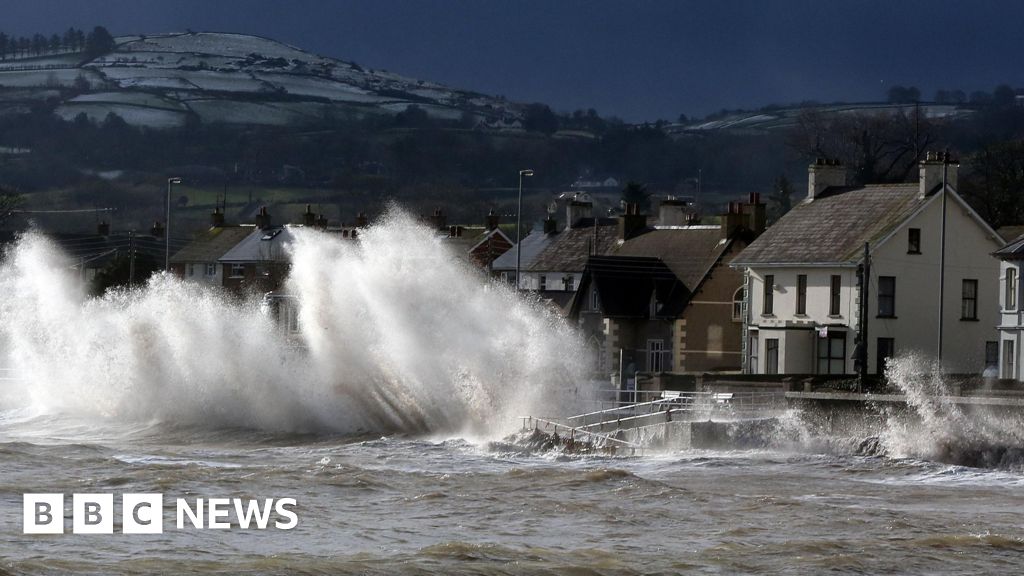World
Rwanda Bill has caused migrants to pour into Ireland, says deputy PM

Mr Cleverly, the Home Secretary, also hit back, saying that third-party agreements to tackle migration were “not anything new” and were recognised as international solutions.
However, earlier on Thursday he appeared to downplay the importance of the Rwanda plan when he was asked whether it was at the centre of his plan to tackle illegal migration.
“No, it’s not,” he said at a lunch with journalists. “Not mine.”
The comments appeared to be an attempt to shift the responsibility for the Rwanda plan. The Prime Minister has made Rwanda a key part of his pledge to stop the boats.
Tory MPs also hit out at Mr Macron for his dismissal of the Rwanda policy.
David Jones, the Tory MP and the deputy chairman of the European Research Group, said: “Mr Macron’s criticism might be more tenable if, in return for the £500 million the UK pays to France, he were to tell French police to stop illegal migrants boarding their dinghies on the Channel beaches, rather than standing by and watching them.”
He added: “It’s very hard to see how the Rwanda effect can have caused the difficulties Ireland is now facing – the legislation was enacted only this week.
“The fact is that all of Europe is facing huge challenges caused by international human traffickers. Ireland and the rest of the EU – especially France – should work with the UK to address the problem.”
“So much for the Entente Cordiale: what a bloomin’ cheek,” said Mark Francois, the chairman of the European Research Group of MPs.
In March last year, Mr Sunak and Mr Macron agreed a deal to tackle the small boats illegally crossing the Channel.
Under its terms, Britain agreed to pay France about £480 million and fund a detention centre over three years. Paris agreed to increase patrols of its beaches.
At the time, Mr Macron said the UK should try to strike a replacement EU-wide migrant returns deal but that has been ruled out for the foreseeable future by European Commission sources.









